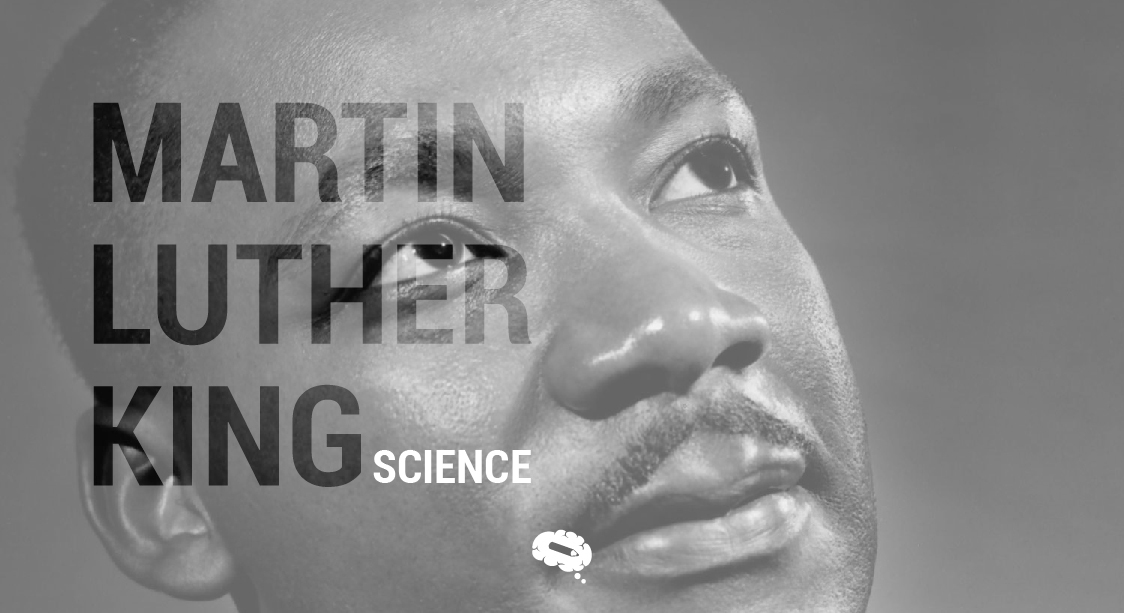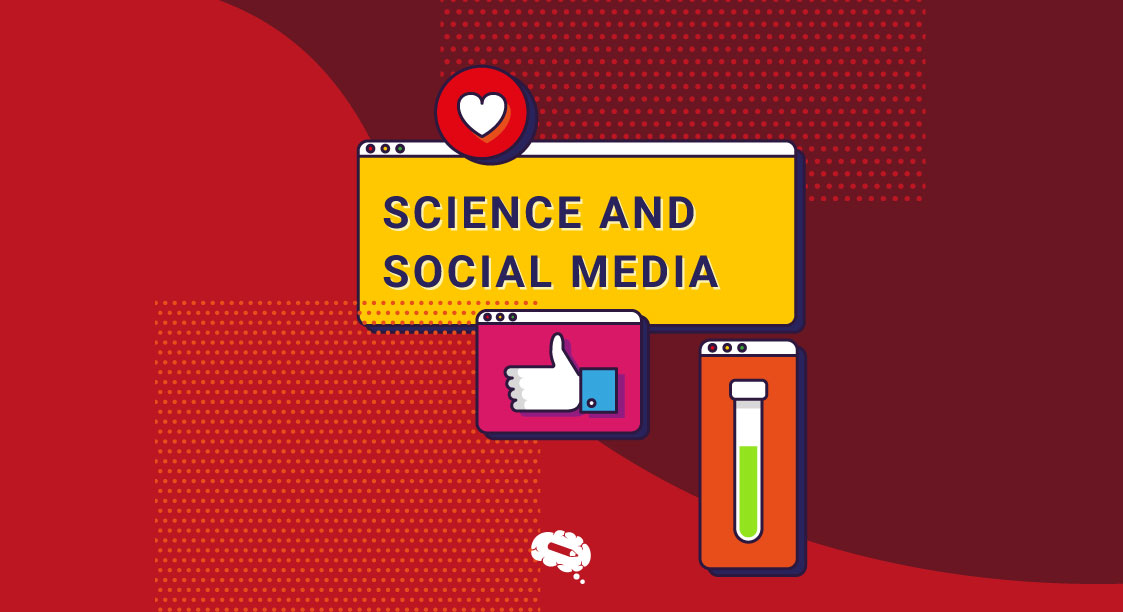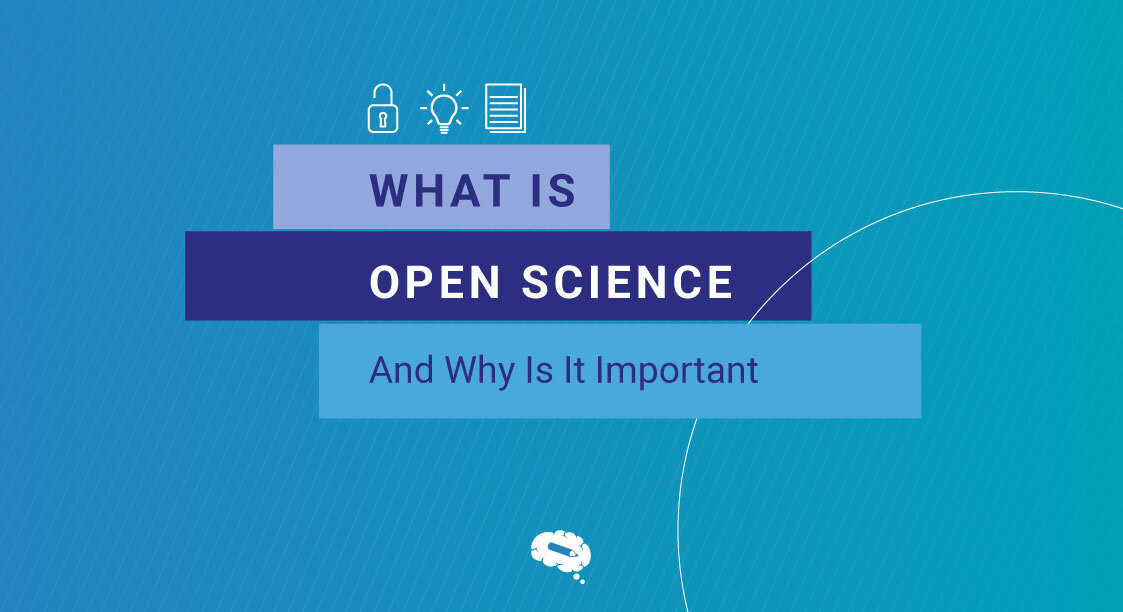Martin Luther King Jr. was a towering figure in the civil rights movement of the 20th century, renowned for his unwavering commitment to nonviolent protest and his advocacy for racial equality and social justice. Through his eloquent speeches, including the iconic “I Have a Dream”, King inspired millions to join the fight against racial discrimination and systemic oppression. His tireless activism led to significant legislative victories, including the passage of the Civil Rights Act of 1964 and the Voting Rights Act of 1965, which helped dismantle institutionalized segregation and disenfranchisement.
Martin Luther King science enthusiasts can delve deeper into his legacy and impact on the civil rights movement by visiting “The Civil Rights Act of 1964 and the Voting Rights Act of 1965“.
Martin Luther King’s work and achievements resonate far beyond the realm of civil rights, serving as a powerful reminder of the enduring importance of justice, equality, and human dignity in society. King’s legacy reminds us of the vital role scientists play in addressing social and ethical challenges. His advocacy for equality and justice underscores the need for science to be inclusive, equitable, and socially responsible, with researchers actively working to address disparities and promote diversity in scientific fields. Like King, scientists have the potential to drive positive change and advance the collective well-being of society through their commitment to truth, integrity, and the pursuit of knowledge for the betterment of all.
King’s Philosophy On Non-Violence And Its Impact On Scientific Studies
Non-Violence And Psychology
Martin Luther King Jr.’s teachings on non-violence have influenced psychological studies, playing a fundamental role in research exploring the psychological mechanisms underlying peaceful resistance and social change. His advocacy for non-violent protest tactics, grounded in principles of love, empathy, and moral conviction, inspired psychologists to investigate the cognitive, emotional, and behavioral factors that contribute to the effectiveness of non-violent action.
Psychologists studying the civil rights movement sought to understand the psychological dynamics underlying these non-violent actions and their impact on social change. For example, research conducted by social psychologist Gordon Allport explored the role of intergroup contact and empathy in reducing prejudice and promoting positive attitudes toward racial integration. For more comprehensive information on Allport’s Intergroup Contact Hypothesis, please access “Allport’s Intergroup Contact Hypothesis: Its History And Influence“.
Additionally, studies by psychologist Philip Zimbardo examined the psychological processes that contributed to the success of non-violent protest tactics, highlighting the importance of moral conviction, solidarity, and collective action in mobilizing communities and effecting social transformation. These case studies underscore the profound influence of King’s teachings on psychological research on non-violence, providing valuable insights into the psychology of social movements and the promotion of peace and justice. For more details about Zimbardo’s study, visit: “Stanford Prison Experiment: Zimbardo’s Famous Study“.
Non-Violence And Sociology
Martin Luther King Jr.’s philosophy of non-violence has had a profound influence on sociological theories and studies, shaping scholarly understandings of social movements, power dynamics, and collective action. King’s advocacy for non-violent protest tactics, grounded in principles of love, empathy, and moral conviction, challenged prevailing notions of social change and resistance. Sociologists inspired by King’s teachings have explored the dynamics of social movements and the role of non-violent resistance in challenging systemic injustice and inequality.
King’s emphasis on the moral imperative of non-violence has prompted sociological inquiries into the ethics of social activism, the construction of collective identity, and the interplay between ideology and social change. Overall, King’s legacy continues to shape sociological theories and studies, offering valuable insights into the complexities of social movements and the pursuit of justice in contemporary society.
Sociologists have extensively studied this pivotal period in American history, analyzing the movement’s strategies, tactics, and outcomes through a sociological lens. Inspired by King’s emphasis on non-violent resistance, sociological research has explored how the civil rights movement mobilized diverse groups of individuals, challenged entrenched power structures, and galvanized public opinion to effect social change. For example, sociologist Aldon Morris, in his seminal work “The Origins of the Civil Rights Movement,” examines the role of grassroots activism and collective action in driving the movement forward, highlighting the importance of non-violent protest tactics in shaping its trajectory. Here you can find more information about Aldon Morris: “Dr. Aldon Morris on the Civil Rights Movement and its relation to Black Lives Matter“.
Martin Luther King Science And Technology
Martin Luther King’s Views On Technology
While Martin Luther King Jr. is primarily known for his leadership in the civil rights movement and his advocacy for social justice, he also shared insights on technology in some of his speeches and writings. In his speech “The American Dream,” delivered in 1961, King addressed the rapid advancements in technology and their impact on society. He acknowledged the potential of technology to improve living standards and enhance communication but also expressed concerns about its potential to exacerbate inequality and dehumanize individuals. King emphasized the importance of harnessing technological innovations for the betterment of humanity and urged for equitable access to technological resources.
His perspectives on technology resonate with contemporary debates surrounding the ethical implications of technological advancements, including issues such as the digital divide, privacy concerns, and the ethical use of artificial intelligence. King’s call for the ethical and responsible use of technology serves as a timeless reminder of the need to prioritize human dignity and social justice in the development and deployment of technological innovations in the present day.
Technology’s Role In Spreading King’s Message
Martin Luther King believed that science itself was neutral, meaning it was neither inherently good nor bad. Instead, its impact depended on the intentions and values of those who wielded it. He argued that when science was divorced from moral considerations, it could be used to perpetuate oppression and violence, exemplified by the development of deadly weapons.
However, King also saw the potential for science to be a force for positive change. He contended that when guided by ethical principles, particularly the ethic of love, science could contribute to the betterment of humanity. This included improving living standards, advancing our understanding of the world, and fostering unity among people. In essence, King advocated for a conscientious approach to scientific advancement, one that prioritized moral values and the well-being of society over mere technological progress.
Examples Of Technology’s Role In Civil Rights Movements
One significant example of technology’s influence was the widespread use of television and radio broadcasts to disseminate King’s speeches and sermons to a national audience. Through televised appearances and radio broadcasts, King was able to reach millions of Americans, transcending geographical barriers and mobilizing support for the civil rights cause. Additionally, advancements in printing technology facilitated the distribution of pamphlets, flyers, and newsletters containing King’s writings and speeches, allowing his message to reach grassroots activists and communities across the country.
The use of telephone communication and telegraphy enabled civil rights organizers to coordinate protests, marches, and boycotts in real-time, facilitating the rapid mobilization of activists and amplifying the impact of non-violent resistance strategies. Overall, technology played a crucial role in amplifying King’s message and galvanizing support for the civil rights movement, demonstrating its power as a tool for social change and mobilization in the pursuit of justice and equality.
King’s Views On Science And Its Role In Society
Science As A Tool For Liberation Or Oppression
Martin Luther King Jr. did not extensively discuss science in his speeches or writings, but his broader philosophical views on justice, equality, and social change offer insights into his perspective on the role of science in society. King believed in the transformative power of knowledge and education as catalysts for social progress and liberation. While he did not explicitly address the role of science, his emphasis on critical thinking, empirical evidence, and moral reasoning suggests an implicit recognition of science as a tool for understanding and addressing social injustices. King likely viewed science as a potential force for liberation when employed ethically and responsibly to advance human welfare, promote equality, and challenge oppressive systems.
However, he may have also recognized the risk of science being co-opted or misused to perpetuate oppression, such as through the proliferation of discriminatory ideologies or technologies that reinforce existing power structures. King’s vision of a just and equitable society would likely have emphasized the importance of harnessing scientific knowledge and innovation in service of humanity, while also advocating for ethical guidelines and social responsibility to ensure that scientific advancements benefit all members of society. While King’s direct influence on the scientific community may be limited, his moral and ethical principles continue to inspire scientists and researchers to consider the broader social implications of their work and advocate for science as a force for positive change and liberation.
Martin Luther King’s Influence On Ethical Considerations In Science
Martin Luther King Jr.’s contributions to the conversation on ethics in scientific research are multifaceted, rooted in his broader philosophy of justice, equality, and social responsibility. While King did not directly address ethical considerations in scientific research, his moral and ethical principles have undoubtedly shaped the ethical landscape of scientific inquiry.
One example of King’s influence is his emphasis on the inherent worth and dignity of every individual, which underscores the importance of respecting human rights and autonomy in scientific research. King’s advocacy for non-violence and social justice also highlights the ethical imperative for scientists to consider the potential social impacts of their research and to prioritize the well-being of marginalized communities. King’s calls for inclusivity and diversity in society resonate with efforts to promote diversity, equity, and inclusion in scientific research, emphasizing the importance of diverse perspectives and representation in shaping research agendas and priorities.
King’s commitment to truth and integrity in the pursuit of justice is a reminder to scientists of their ethical responsibility to conduct research with honesty, transparency, and integrity, and to uphold ethical standards in all aspects of their work. Overall, while King may not have directly addressed ethical considerations in scientific research, his moral and ethical principles have undoubtedly influenced the ethical landscape of scientific inquiry, inspiring scientists to consider the broader social implications of their work and to strive for ethical excellence in their research endeavors.
Over 75,000 Accurate Scientific Figures To Boost Your Impact
Mind the Graph platform offers invaluable support to scientists by providing access to a vast library of over 75,000 accurate scientific figures. This comprehensive collection equips researchers with a diverse range of high-quality visuals, including diagrams, illustrations, and charts, which they can seamlessly integrate into their work. By leveraging these visually compelling resources, scientists can enhance the clarity and effectiveness of their presentations, papers, and communications, thereby significantly boosting their impact within their respective fields.

Subscribe to our newsletter
Exclusive high quality content about effective visual
communication in science.





